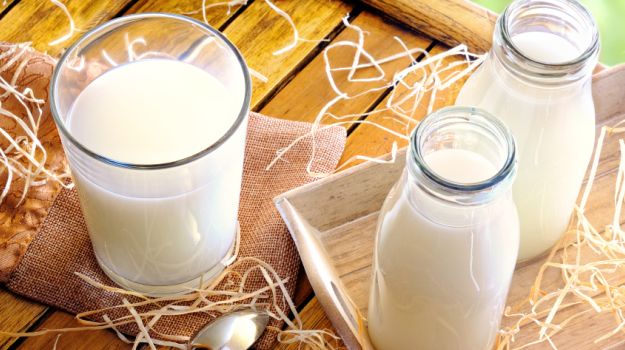Bolivians Drink Donkey Milk for Respiratory Ills
 Representational image: iStock
Representational image: iStock
The cold cuts to the bone and little puffs of steam escape from the mouths of people stopping on their walk to work to drink a glass of fresh donkey milk, believing it will fight respiratory problems during the raw winter of the Bolivian Andes.
Aymara women position their female donkeys every morning on a street corner in El Alto, a city neighboring the capital of La Paz. Then they milk them for clients lining up in the cold air.
“I had a cough for five years and couldn’t sleep,” Luz Mamani said, ordering a small glass. Mamani said she’s been healthy since she started drinking the milk.
Among the vendors is Petrona Yujra, who has sold donkey milk for 35 years. Yujra said the milk helped clear up a problem in her lungs. According to popular belief, it can help fight colds, asthma, bronchitis and pneumonia, she said.
Elizabeth Canipa, director of the maternal milk program at Bolivia’s Health Ministry, said there is no scientific study showing that donkey milk has curative properties. “But we know that it has more protein and it could be because it has more colostrum,” a form of milk produced by mammals in late pregnancy containing antibodies that protect against disease.
Bus driver Luis Lari Huanca said his co-workers recommended donkey milk for the pains he suffers in his lungs and kidneys.
“It’s my third day drinking it,” he said. “I hope it cures me like my friends said it would.”
